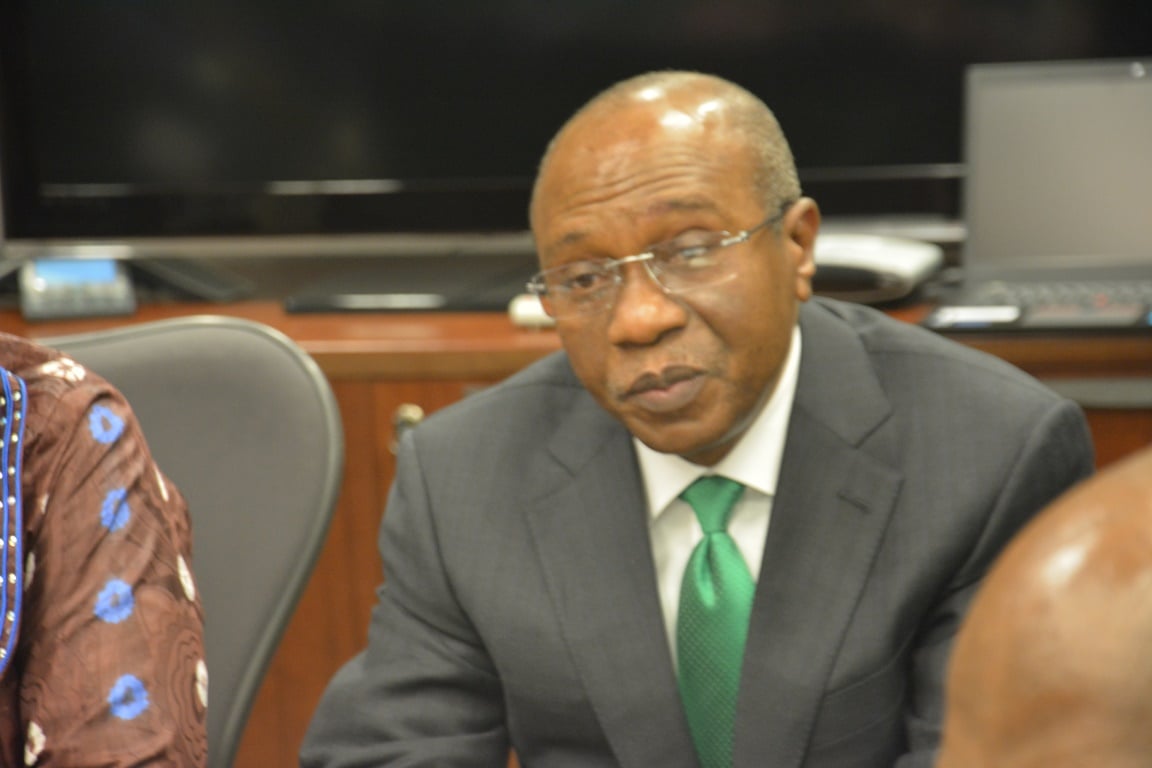The rice debate in Nigeria is an intense and fierce one by different players who don’t understand the dynamics and only tend to put out emotional arguments not grounded on facts and logic but aim to score cheap political points. They try to play to the fact that self-sufficiency is a walk in the park and merely requires sloganeering and mantra speak. I beg to disagree, we need to think through the issues and be pragmatic in our approach.
As a background and to further contextualize the issue, let us dimension our consumption and production and then find out the gap and thereafter look at factors militating against our quest to achieve self-sufficiency and what can be done to realize same. As a first step it is important to mention the major Rice producing states as Kebbi, Jigawa, Niger,Kano, Adamawa,Taraba, Nasarawa as well as Benue and Kogi and the foremost millers are Olam, Coscharis, Umza, Labana, 3Brothers Stallion and lately Wacot.
Nigeria depending on the data being presented and the one you believe consumes between 5.5 -7.0million metric tons of rice per annum. For this article, i will use the figure and data provided by the highest echelons of government which for now is 7 million tons. About 2.7 million tons of that is produced locally but if we add the recent 2 million tons of paddy (which translates to about 1.2 million tons of packaged rice- as about 22-23% is husk and 7-8% is bran while balance 10% is rejects & bran/brokens) the government tells us has been generated by the farmers in Kebbi, Niger, Nasarawa, Kano, Jigawa, Ebonyi that will be 3.9 million tons meaning we technically have a gap of 3 million tons which can only be met by legitimate imports or smuggling.
Another dynamic we might not be aware of is that Rice consumption in the country is almost entirely parboiled rice. In West Africa only Nigeria consumes parboiled rice. Other West African countries including all the neighboring countries Niger, Benin, Cameroon, Chad are not consumers of parboiled rice. In Africa, South Africa is probably the only other major country that consumes parboiled rice.
Advertisement
Whenever the tariff differential between the Nigeria rice tariff and the tariff in Benin Republic) and Togo is very wide the resultant effect is significant and massive levels of illegal cross border trade flows( smuggling). As per the industry sources illegal smuggling of rice from Benin, Niger and Cameroon have easily been to the level of between 1,000,000mt to 2,000,000mt per annum over the past 6-7 years.
The markets in northern Nigeria like Kano are completely swamped with smuggled rice which enters the country through land borders with Niger Republic and Katsina & other North-western states. Legitimate importers of rice in Nigeria have thus effectively been shut out of Kano and other northern markets for several years.
The shipments of parboiled rice from India and Thailand into Lome, Cotonou, and Douala ports is a very fair estimate of smuggled rice into Nigeria as none of these countries have internal consumption of parboiled rice. All the imports of parboiled rice into these countries finally find their way into Nigeria. Smuggled Rice is around about 2 million tons now and that needs to be curbed.
Advertisement
Often times the Ministry of Agriculture touts the drop in official import volumes into Nigeria as evidence of increase in local production whereas in actual fact the drop in official import volumes has been more than offset by increased arrivals of parboiled rice in Benin and Togo evidencing heightened smuggling activity which needs to be seriously curbed.
Almost all the rice that one can see in markets across the length and breadth of the country is imported rice. There is very little of locally produced or milled rice in the market whether it is in big markets like Lagos, Abuja, Kano or Onitsha or even the smaller markets like Makurdi, Ilorin, and Kaduna. To be fair to the current government and particularly the Central Bank of Nigeria, its intervention program tagged Anchor Borrowers Scheme that seeks to encourage local production by granting single digit loans to out growers is yielding results albeit in trickles but it is a good start and must be commended. Conversely, paddy prices in Nigeria have hovered around 60,000 naira per metric ton from 2015 and has climbed to 160,000 in 2016-17 which is significantly higher than the prices in India and Thailand. This makes it challenging for Rice millers in Nigeria to be competitive.
In addition, Rice millers have found that it is quite challenging to procure large quantity of quality paddy in an efficient manner. As a result, most of the rice mills are operating below capacity. Although the Federal ministry of agriculture claims that there are about 21 rice mills in the country methinks that there are not more than 9-10 Mills that are active and in regular production and I dealt with that earlier.. The average yield in Nigeria for paddy is around 1.8-2.25mt per hectare. This leads to a situation of high production cost for the farmer, high paddy prices for the rice miller, low level of surplus paddy available for sale by the farmer and also poor earnings for the rice farmer.
The number of jobs and improved livelihoods that can be created in rural areas by investment and improvement in paddy production is in several multiples coupled with rice milling and distribution as part of the entire value chain.
Advertisement
The process of developing a rice farm of meaningful scale (thousands of hectares) can take anywhere from 5-10 years. Experience shows that the rice farming part of the value chain requires 4-6 times the investment required in rice milling. Rice farming also has a multi-year gestation period as land has to identified, purchased and title documents obtained, land cleared and levelled, irrigation and other infrastructures built and soil testing, seeds testing and multiplication and best practices developed for each site. Further rice farming investments by the corporate sector also entails engaging with the host communities and farmers on a deeper level which has enduring socio economic benefits for the communities far beyond added rice production.
Private sector investment in rice farming and cultivation is essential in ensuring a workable and enduring linkage between farm to factory/farmgate in the rice value chain. A Rice mill simplistically speaking is a piece of hardware which can be set up within 18-24 months. Rice milling technology is fairly standardized and readily available. But for a Rice mill to function effectively it needs steady and reliable supply of good quality paddy at competitive prices which is not available today. The biggest bottleneck in the rice value chain is rice farming and not rice milling. It requires long gestation, bigger quantum of investments and a complexity of factors to manage.
Nigeria has suitable agro climatic conditions for cultivation of paddy. The current low yields are a function of poor seeds, no or low level of usage of inputs like fertilizer and pesticides, lack of irrigation, poor farming and post-harvest practices etc. These can be addressed in my view through engaging, supporting and training the farmers under the Farmer Out grower Programs run by the investors in their areas of operation. If the investors are engaged in commercial farming they have ready access to knowledge, expertise and resources that are required to effect that change and government should simply enable through right policies and ease the land tenure process.
The way forward in order to assess the demand and supply situation on the one hand is for policy makers to work with right set of data and one that is accurate and complete. Ignoring the supply of imported parboiled rice into and from neighboring countries leads to false assumptions and consequently wrong policy formulation. On the other hand, the current Tariff/levies of 60 plus 10 70% for imports is not sustainable for trading and as such cannot sustain imports into the country as cost of smuggled rice through land borders is far cheaper, moreover the Central Bank has placed a technical ban by not allowing Form-M and by extension allotting foreign exchange but that is just an infinitesimal part
Advertisement
With regards to production, farmers should be encouraged with government declaring a minimum support price for rice farmers and buy the paddy from the farmers and aggregate the paddy in silos and storage facilities of the Ministry of Agriculture as a first step. This would help to provide clear and hard data about the actual production levels and availability of paddy in the country in addition to building a strategic reserve like it obtains in India Vietnam and Thailand.
Another part of the Policy thrust should be to encourage investors/corporates in the Rice business in Nigeria to invest in Rice farming. The policy should aim at getting the investor to have a Commercial Rice farming to cover at least 50% of their milling capacity and to rely on Farmer Out grower programs for the rest of the paddy. This would kick-start the much needed investment and corporate participation in Rice farming. Every investor in rice milling should be mandated to incorporate a rice farming component to assure a minimum 50% supply against stated capacity. If this is not done there is a real risk of investors who have only done the relatively small/minor investment in rice milling alone to compete unfairly against the investors who have invested in both rice milling and rice farming. They can do so by being able to bid up the paddy procurement price because they do not have the high capital investments and associated costs, from the catchment area of companies that have invested in integrated farming and milling projects.
Advertisement
To be fair to the former Minister of Agriculture and current President of AFDB Dr Akinwunmi Adesina,God bless him.. he came up with a robust policy proposition which was akin to Cement and Sugar Policy and encouraged backward/forward integration through a defined set of criteria but the politicians and political contractors hijacked same
In conclusion, we must commend the efforts of the current government who have through their AGRICULTURAL CHANGE AGENDA through the Minister of Agriculture and the Central Bank Of Nigeria ably led by the Governor Godwin Emefiele intervened via the Anchor Borrowers programme which supports over 200 thousand farmers across different value chains and lastly not forgetting the Kebbi State governor Senator Atiku Bagudu who is the chief proponent of grow local for Rice and wheat.
Advertisement
We must stress however that Government should not resort to banning Rice Imports by fiat but make sure adequate mechanisms put in place to ensure self- sufficiency are carried out and fiscal measures like a hike in duties and levies are applied whilst we work hard to ramp up production with my aforementioned recommendations. This and only through these propositions can we ensure food security on the long term.
Advertisement
Views expressed by contributors are strictly personal and not of TheCable.
Add a comment







